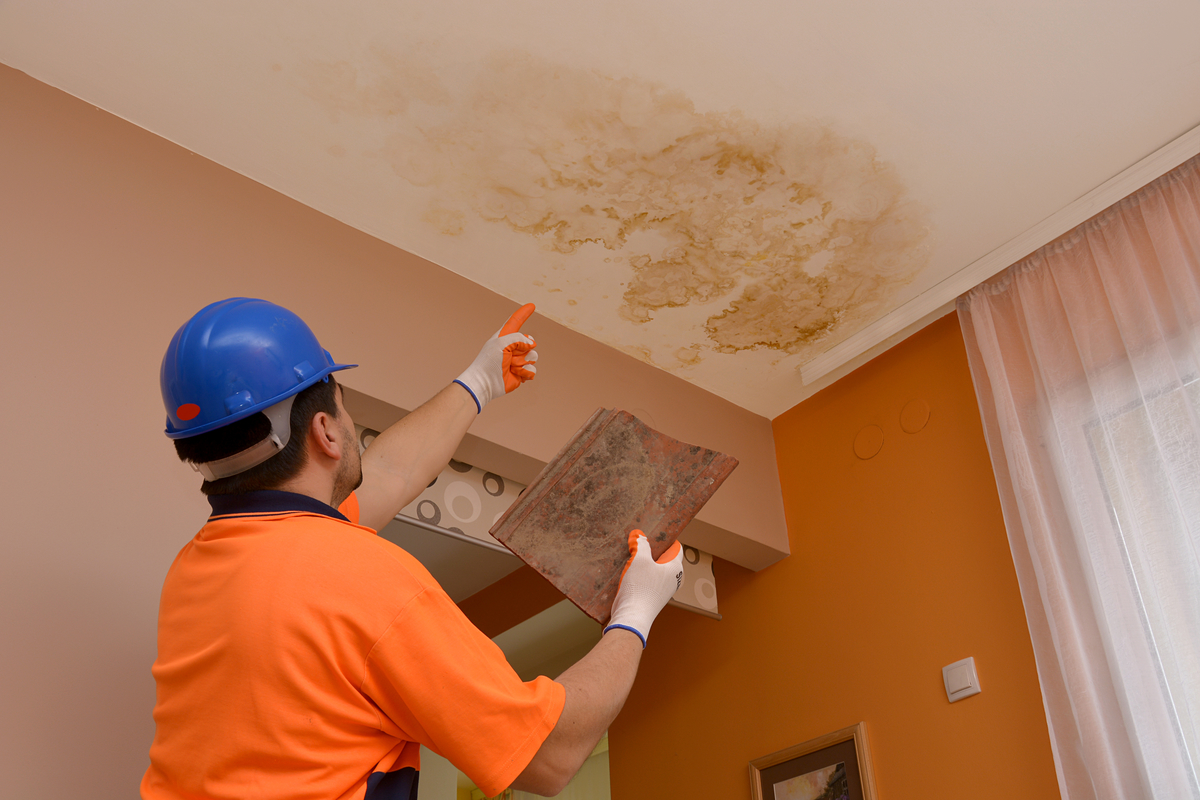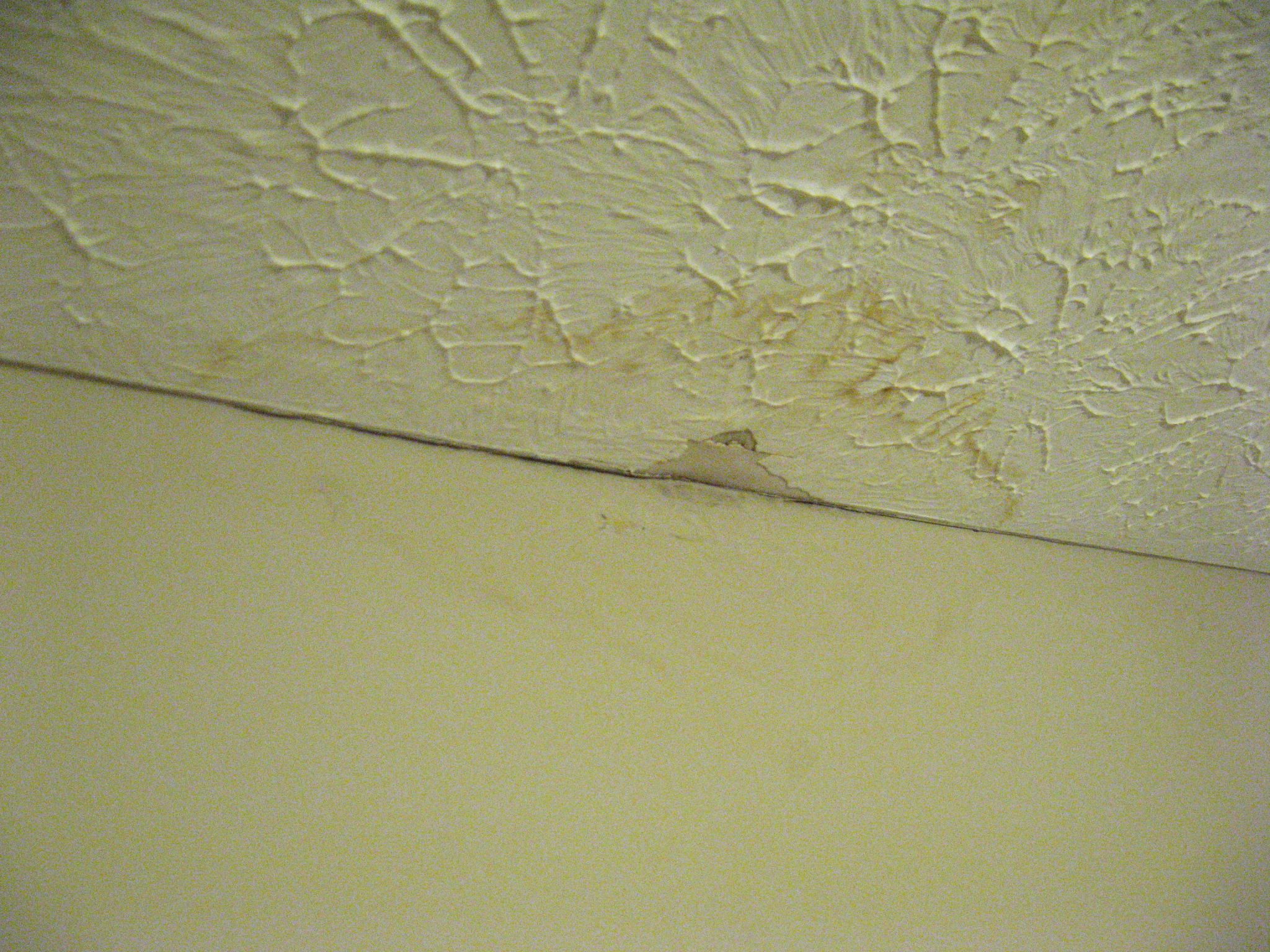Addressing the Six Most Common Water Leaks: Tips for Homeowners
Addressing the Six Most Common Water Leaks: Tips for Homeowners
Blog Article
What're your thoughts about How to detect water leaks in your home?

Leakages not only create waste of water however can likewise create unneeded damages to your house and also advertise unwanted natural growth. By looking and recognizing for daily scenarios that cause leakages, you can secure your house from future leakages and unneeded damage.
Trespassing origins
A lot of water leaks start outside the house as opposed to inside it. If you notice an abrupt decrease in water stress, say in your faucet, take time to head out and also examine your backyard. You might see wet spots or sinkholes in your yard, and that could mean that tree origins are getting into water lines triggering water to leak out. You can have your plumber check for intrusion, especially if you have trees or hedges near your property.
Corroded water systems
As time goes by, your plumbing system ages and rust such as corrosion might start eating away the pipelines. This could be the cause of discoloration or bending on your water pipes. This calls for an inspection with your plumber promptly. Take into consideration changing the pipes given that they are at a higher danger of corrosion than the newer models if our plumbing system is old.
Malfunctioning Pipeline Joints
The point at which your pipes connect is regularly the weakest link in the waterline. Pipeline joints can wear away with time, resulting in water leakages. The bulk of pipeline joints are not quickly noticeable. If you have noisy pipelines that make ticking or banging noises, specifically when the hot water is turned on, your pipe joints are probably under a lot of pressure. It is advisable to have your plumber inspect your system once a year.
Instantaneous temperature level changes.
Extreme temperature level adjustments in our pipes can cause them to expand and also acquire suddenly. This expansion and also contraction might trigger splits in the pipelines, particularly if the temperature are below freezing. It would be best if you kept an eye on how your plumbing works. The existence of the formerly discussed situations frequently shows a high danger.
Poor Water Connectors
Sometimes, a leak can be brought on by loose tubes and pipes that supply your appliances. Generally, moving is what causes the loose water Connections. You could find when it comes to a cleaning maker, a hose might spring a leakage as a result of trembling during the spin cycle. In case of a water links leakage, you may discover water running directly from the supply line or pools around your appliances.
Blocked Drains
Blocked drains pipes might be bothersome and inconveniencing, yet they can in some cases wind up causing an overflow leading to rupture pipelines. Keep eliminating any kind of materials that may drop your drains that can clog them to prevent such aggravations.
All the above are reasons for leaks yet not all water leakages arise from plumbing leakages; some leaks might come from roofing leakages. All leakages ought to be fixed quickly to avoid water damage.
Leaks not only trigger waste of water yet can also cause unnecessary damage to your house as well as advertise undesirable organic growth. By comprehending and also looking for day-to-day situations that cause leakages, you can shield your home from future leaks and unnecessary damage. Today, we will look at 6 leakage creates that might be creating your pipelines to trickle.
At times, a leakage can be created by loose hose pipes as well as pipes that supply your home appliances. In situation of a water connections leak, you might observe water running straight from the supply line or puddles around your home appliances.
How To Check For Water Leak In Your Home
How To Check for Leaks
The average household's leaks can account for nearly 10,000 gallons of water wasted every year and ten percent of homes have leaks that waste 90 gallons or more per day. Common types of leaks found in the home are worn toilet flappers, dripping faucets, and other leaking valves. These types of leaks are often easy to fix, requiring only a few tools and hardware that can pay for themselves in water savings. Fixing easily corrected household water leaks can save homeowners about 10 percent on their water bills.
To check for leaks in your home, you first need to determine whether you're wasting water and then identify the source of the leak. Here are some tips for finding leaks:
Take a look at your water usage during a colder month, such as January or February. If a family of four exceeds 12,000 gallons per month, there are serious leaks.
Check your water meter before and after a two-hour period when no water is being used. If the meter changes at all, you probably have a leak.
Identify toilet leaks by placing a drop of food coloring in the toilet tank. If any color shows up in the bowl after 10 minutes, you have a leak. (Be sure to flush immediately after the experiment to avoid staining the tank.)
Examine faucet gaskets and pipe fittings for any water on the outside of the pipe to check for surface leaks.
Undetected water leaks can happen without the home or business owner even realizing. If you suspect a water leak, but not able to find the source. It is time to contact a professional water leak detection service, The Leak Doctor.
How To Find a Water Leak In Your Home
https://www.leakdoctor.com/blog/How-To-Check-For-Water-Leak-In-Your-Home_AE197.html

I came across that entry about Top Causes of Home Water Leaks while doing a search on the web. Loved our blog posting? Please share it. Let another person discover it. Kudos for your time. Don't forget to come visit our site back soon.
Additional Resources Report this page